Southeast Asia is a magnet for travelers who want their holiday to make a difference. From the shimmering coasts of Indonesia to the forests of northern Thailand, volunteering provides a way to see the region while supporting conservation and community development.
Explore our top picks here!
Indonesia
Community construction and renovation in Lombok
Senggigi on the island of Lombok has long been a gateway to the Gili Islands. IVHQ’s Construction & Renovation Project recruits volunteers to help local skilled workers build and renovate much‑needed infrastructure.
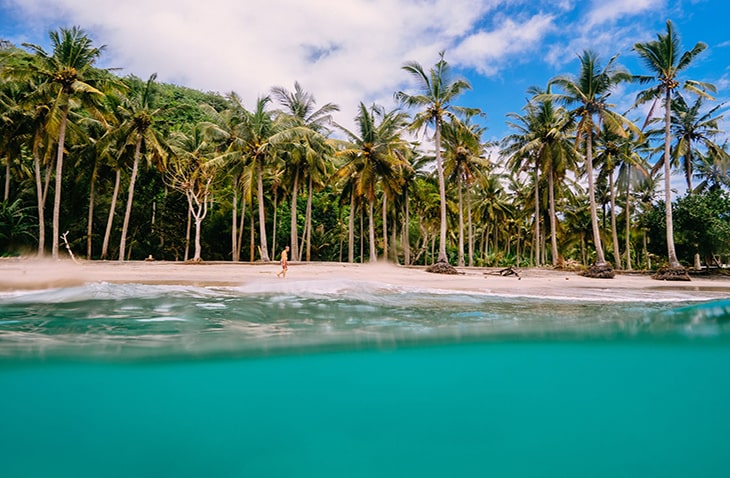
Participants work on schools, community centres, playgrounds, and libraries, performing hands‑on tasks such as bricklaying, carpentry, painting, tiling, and landscaping. The project’s goal is to ease pressure on local communities by improving essential facilities.
Turtle conservation on Lombok
Indonesia’s warm seas are an important nesting area for endangered sea turtles. On Lombok’s west coast, IVHQ’s Turtle Conservation Project lets volunteers help protect and preserve marine life. Duties typically include feeding juvenile turtles, cleaning tanks, maintaining beach hatcheries, and educating visitors about turtle conservation.
Coral reef restoration in North Bali
If you’re a certified diver — or want to become one — consider Volunteering Solutions’ North Bali Coral Reef Restoration and Scuba Diving Program. Volunteers join a local diver team to monitor and maintain coral reefs. Most work is spent underwater planting coral fragments and removing debris; volunteers also engage with the local community to build awareness.
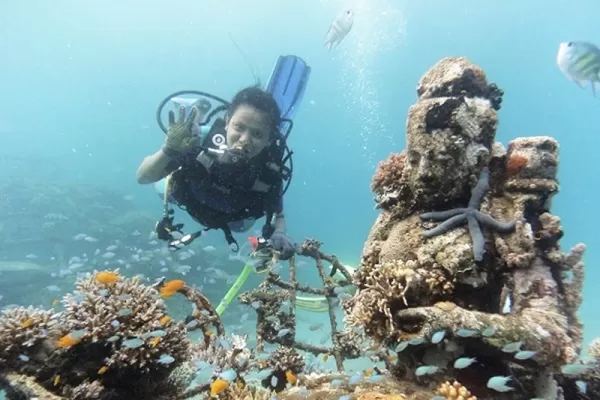
Highlights include supporting local efforts to protect the reefs, living with residents of north Bali, trekking to hidden waterfalls, and learning from Indonesia’s coral‑restoration experts.
Other Indonesian programs
Environmental conservation programs in Ubud focus on reforestation and waste‑management initiatives, while women’s empowerment programs in Ubud help local women learn English and develop micro‑enterprise skills.
Thailand
Elephant welfare in Chiang Mai
Thailand’s tourism boom has led to a growing movement to retire working elephants and return them to forest sanctuaries. GVI’s Volunteer with Elephants program in Chiang Mai province allows volunteers to support community efforts to reintegrate elephants previously used in tourism.
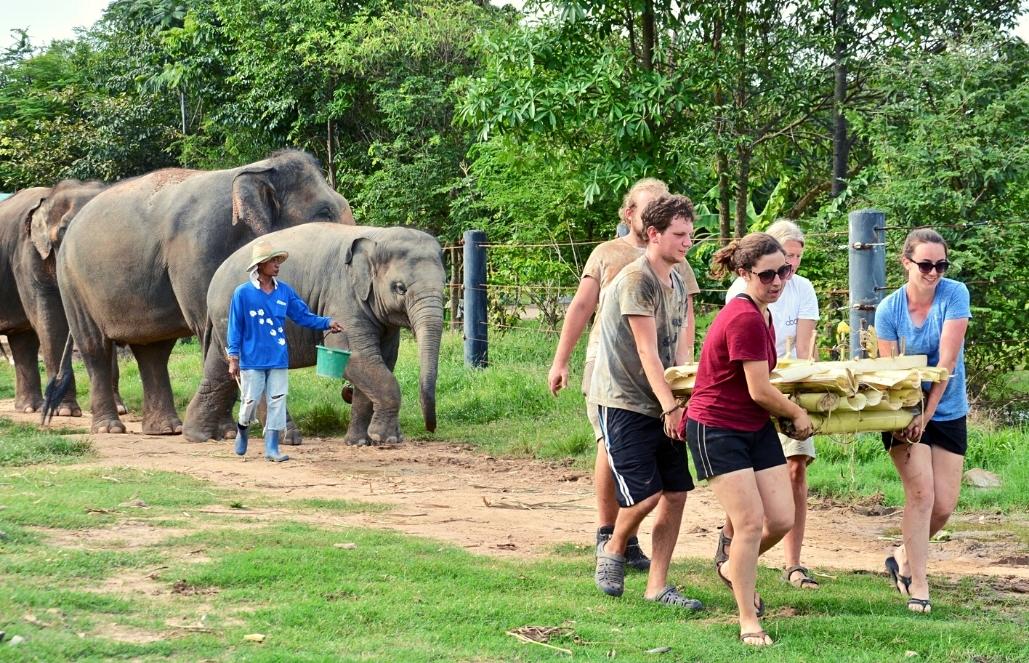
Participants monitor the animals’ behaviour as they are released back into the forest, work with mahouts (traditional elephant keepers), and help locals develop alternative livelihoods. With 35 hours of fieldwork per week, volunteers gain insight into elephant ecology, Karen culture, and the ethics of wildlife tourism.
Coastal marine conservation in Trang
On Thailand’s southwest coast, GVI’s Coastal Conservation Expedition in Trang immerses volunteers in marine‑conservation research. Based in a small coastal town, participants survey coral reefs, restore mangroves, and monitor seagrass beds.
Along the way, they spot sea turtles, reef fish, and shorebirds. No prior experience is needed — only a passion for the ocean and a willingness to get your hands wet.
Wildlife rescue and gibbon conservation
For primate lovers, Thailand offers gibbon‑conservation volunteering in protected forests. Volunteers assist researchers in monitoring gibbon populations, maintaining forest trails, and educating visitors on the threats facing these endangered apes. These programs typically take place in remote reserves and are ideal for physically fit travellers who enjoy rugged fieldwork.
Community development & conservation in Hua Hin
South of Bangkok, Hua Hin hosts several volunteer initiatives. Programs range from environmental conservation, where volunteers clean beaches and educate tourists about plastic pollution, to community renovation, where participants help repair homes and public buildings. There are also programs supporting hill‑tribe communities, including women’s empowerment and handicrafts projects.
Cambodia
Many programs assist local non‑profit organizations with fundraising, communications, research, and administrative tasks., These roles are ideal for volunteers with marketing or social‑media experience who want to build capacity for grassroots organizations. A good example is GVI’s Women’s Empowerment & Community Development in Siem Reap, where volunteers support long-term gender-equality initiatives that increase adult women’s access to education and improve employment opportunities.
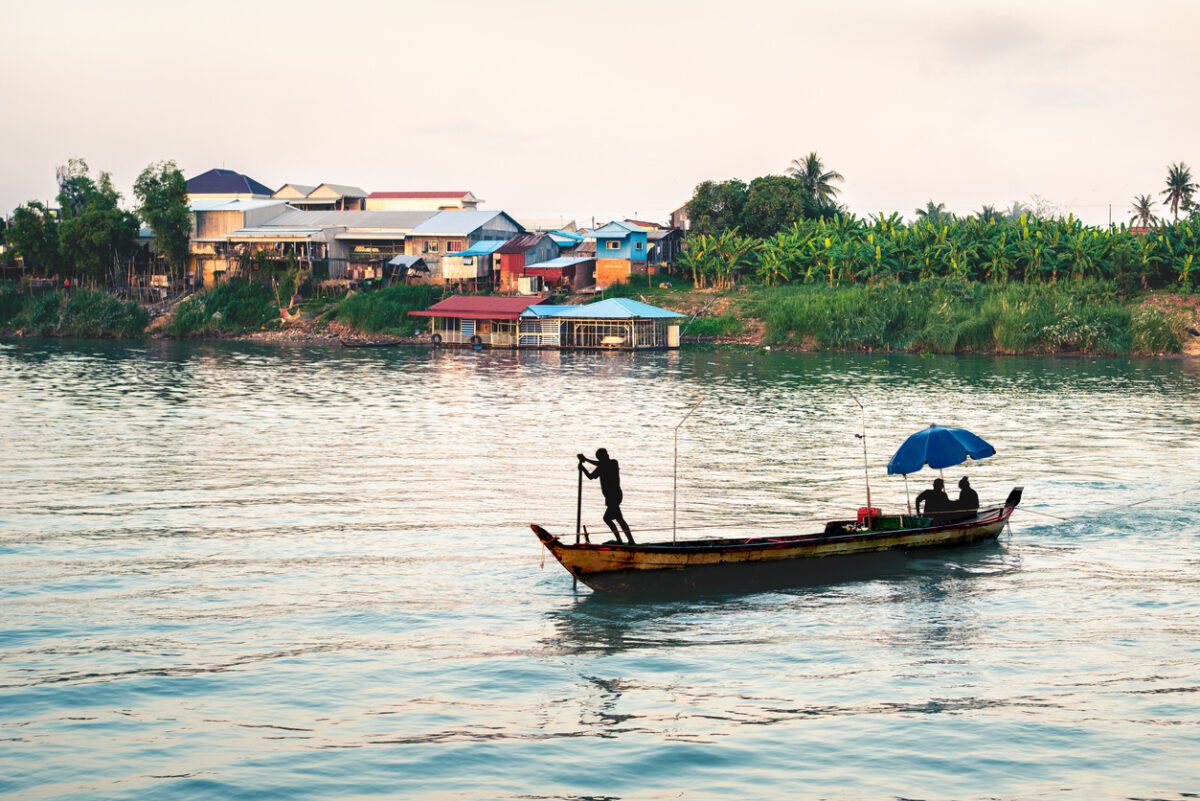
For ocean lovers, GVI’s Marine Conservation Expedition in Cambodia takes you to Koh Ach Seh, a low-tourism island where you’ll join habitat studies and community engagement while diving three to five times per week. Training encompasses ecological research and diving skills supporting the monitoring of recovering marine species, including endangered dugongs and Irrawaddy dolphins, as well as broader reef health initiatives.
Vietnam
Vietnam’s fast‑growing economy leaves vulnerable populations behind, and several programs aim to bridge these gaps without involving minors. In Ho Chi Minh City, nutrition‑support programs deliver meals to low‑income adults and run food‑outreach initiatives. Volunteers assist with meal preparation, packaging and distribution, and help educate beneficiaries about balanced diets.
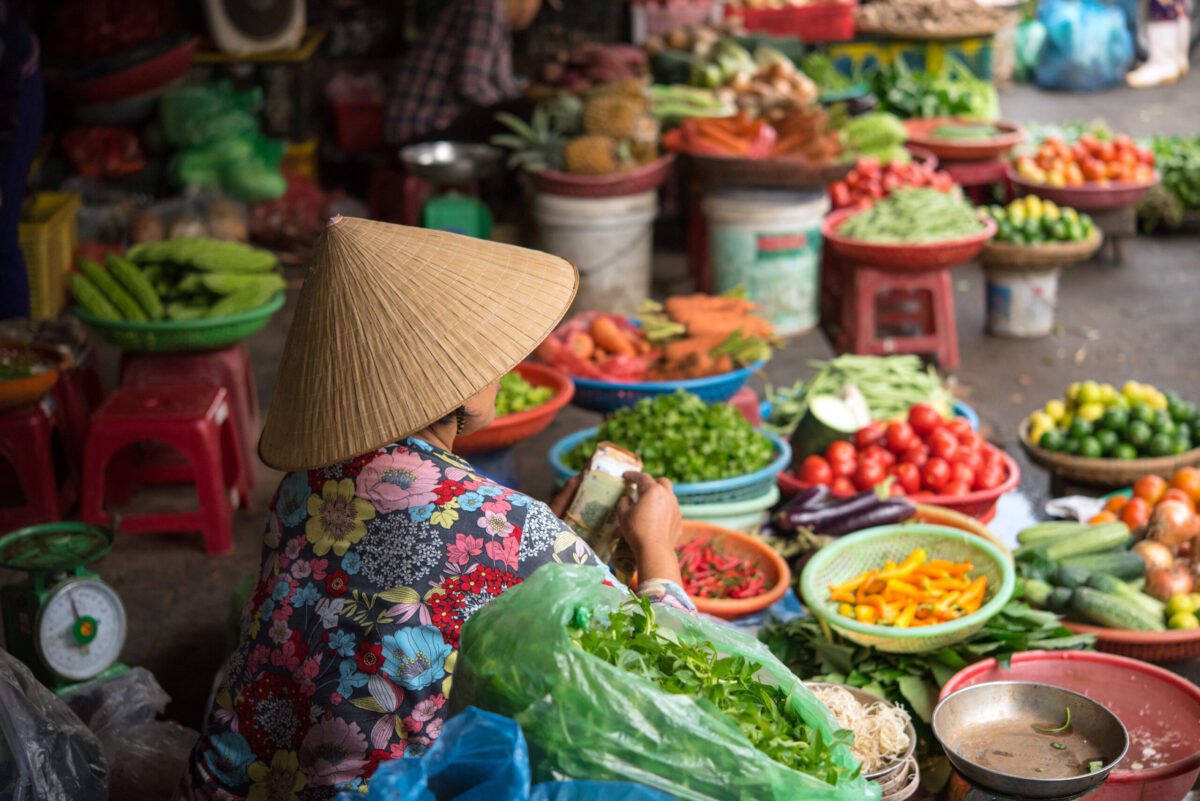
Further north in Da Lat, eco‑farming projects teach sustainable agriculture to local farmers. Volunteers work on organic farms, help with composting and learn about permaculture; a great choice for travellers interested in food security and environmental sustainability.
Additional projects include upcycling and recycling in Ha Long Bay, where volunteers design creative reuse solutions for waste materials, and environmental conservation programs that protect limestone karst habitats and caves.
Laos
In the historic city of Luang Prabang, volunteers can join community‑development projects. Construction and renovation initiatives focus on improving school buildings, community centres and temples. Sports‑coaching programs for adults encourage physical fitness and social cohesion.
Philippines
The Philippines’ island provinces are home to some of the richest biodiversity on earth. In Palawan, environmental conservation programs recruit volunteers to replant mangroves, clean beaches, and conduct biodiversity surveys. Construction and renovation projects help build community facilities and disaster‑resilient homes.
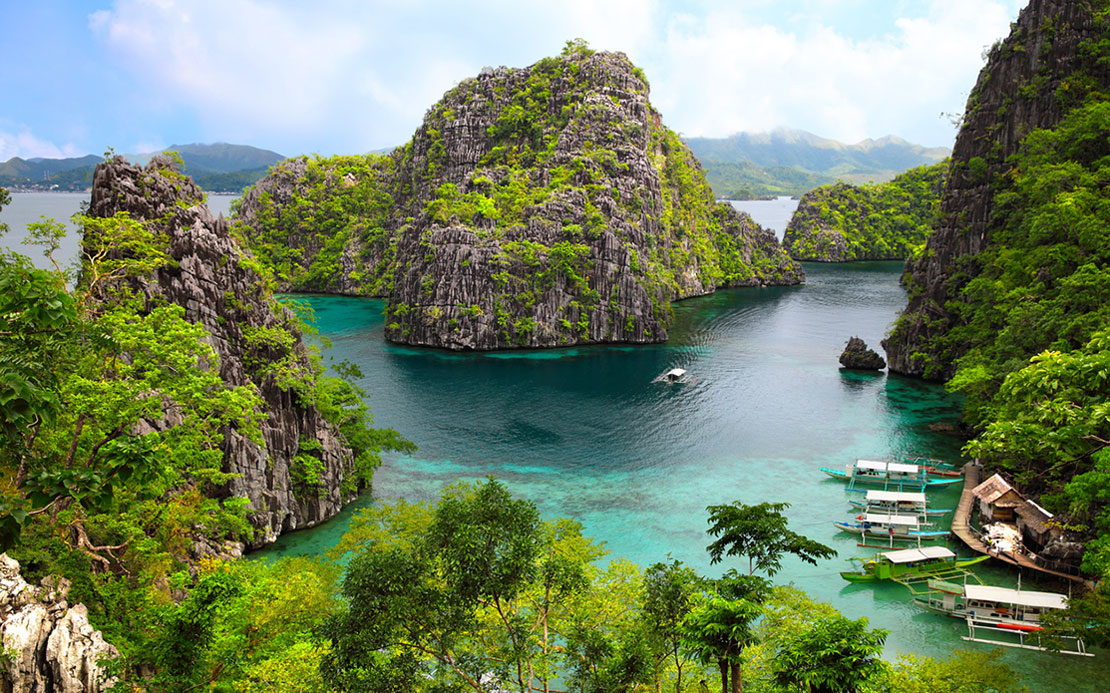
Animal‑care programs operate shelters for abandoned dogs and cats, offering volunteers opportunities to assist with feeding, veterinary care and adoption campaigns. Other initiatives in El Nido and rural areas focus on women’s welfare and small‑business training. These programs empower adults while avoiding work with minors.
Malaysia
Sun bear conservation in Sabah
Deep in the rainforests of Sabah, the Bornean Sun Bear Conservation Centre (BSBCC) rescues and rehabilitates the world’s smallest bear. The centre notes that sun bears are threatened by forest degradation and hunting, which leads to young cubs being captured for the pet trade. Currently, 41 rescued ex‑captive sun bears and two juveniles live at the BSBCC; the facility uses large forest enclosures to mimic natural conditions and facilitate rehabilitation.
Volunteers typically help prepare food, clean enclosures and assist with enrichment, activities that encourage natural behaviours. Working with these charismatic bears offers an unforgettable wildlife‑conservation experience.
Island conservation expeditions
Malaysia’s Perhentian Islands host marine‑conservation expeditions similar to those in Thailand. Volunteers work with local NGOs to monitor coral reefs, conduct turtle patrols and raise awareness about plastic pollution. In the highlands near Mount Kinabalu, community‑development projects focus on sustainable tourism and women’s livelihood training.
Designing your volunteer trip – Tips for responsible travellers
Choosing an ethical program requires careful research. Always read the project description to ensure your work does not replace local jobs. Look for organizations that partner with local communities and prioritize capacity‑building.
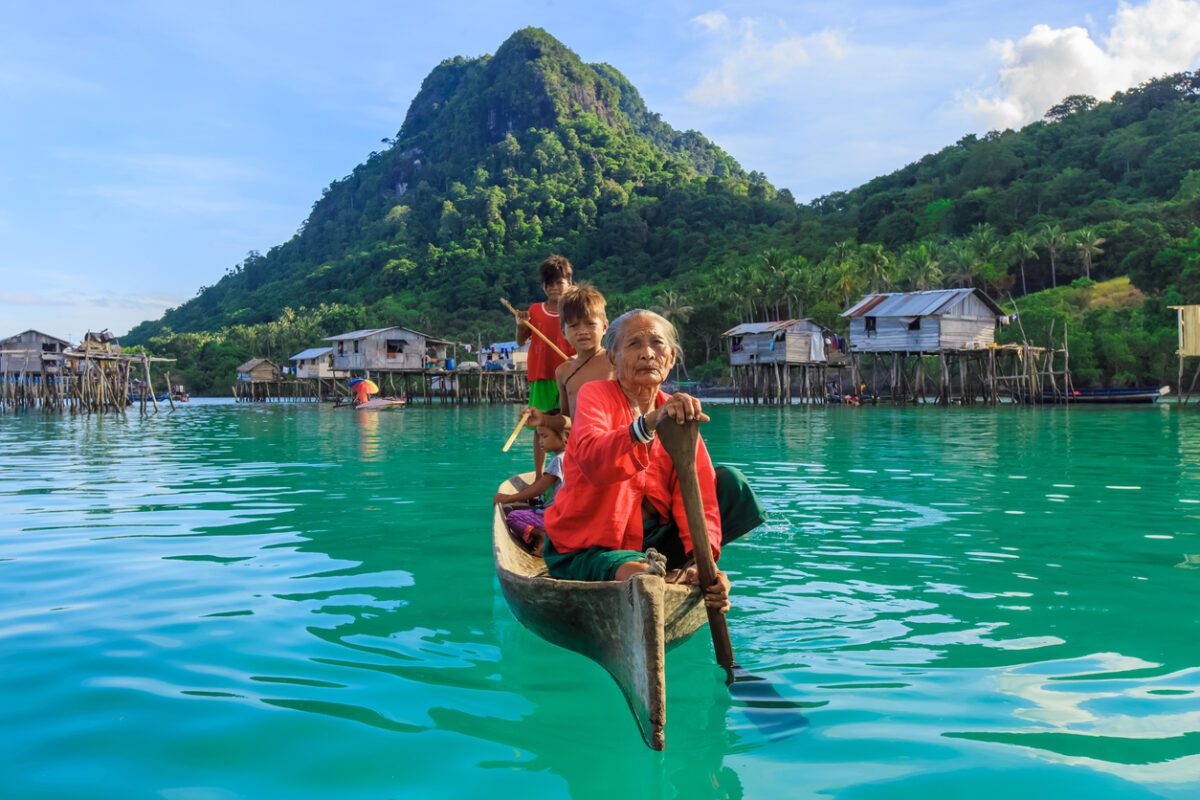
Check that the program offers proper training, has a clear impact statement, and encourages cultural immersion — such as learning local languages, cooking traditional dishes, or participating in community ceremonies.
For marine projects, verify that the organization follows best practices for reef surveying and wildlife handling. Land‑based wildlife sanctuaries should prioritize animal welfare over tourist activities and prohibit direct contact with wild animals.
Community‑development programs should work alongside local NGOs and community leaders to ensure sustainability.
Ready to volunteer in Southeast Asia?
Volunteering in Southeast Asia allows you to immerse yourself in vibrant cultures while addressing environmental and social challenges. You’ll gain hands‑on experience and make lasting connections. The region’s affordability and diverse travel opportunities — like exploring ancient temples, trekking through rainforests and sampling world‑class cuisine — make it an attractive destination for meaningful travel.
Choose a program that aligns with your skills and passions, and you’ll return home with unforgettable memories and the satisfaction of having made a tangible impact.












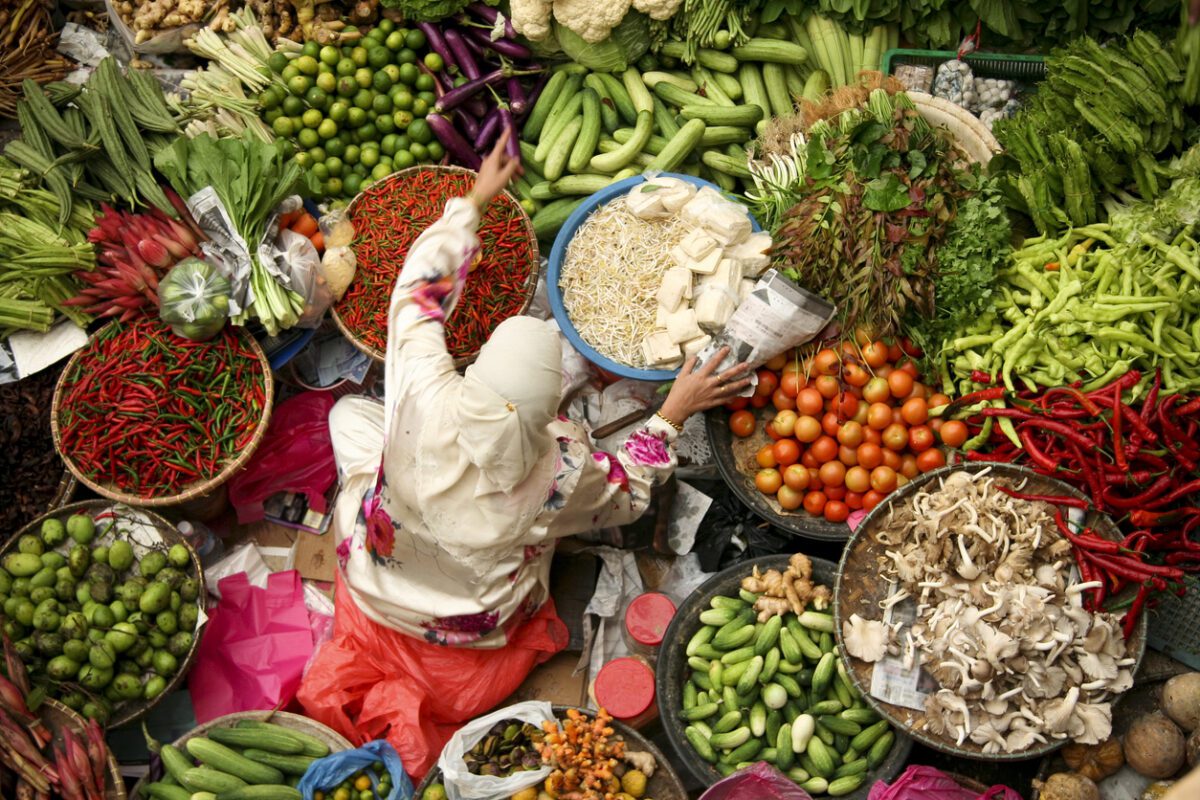
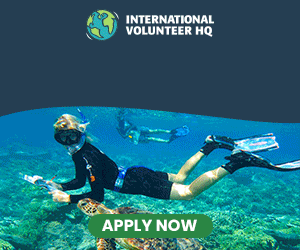






Munira Maricar · Travel Writer
With an international living background spanning Singapore, Qatar, Japan, and Mexico, Munira enjoys sharing insights on immersive travel while emphasizing the vital role of cultural respect and ethical engagement. Her extensive experience offers a unique perspective that inspires others to explore the world through service, ensuring that every journey respects and contributes positively to local traditions and communities.